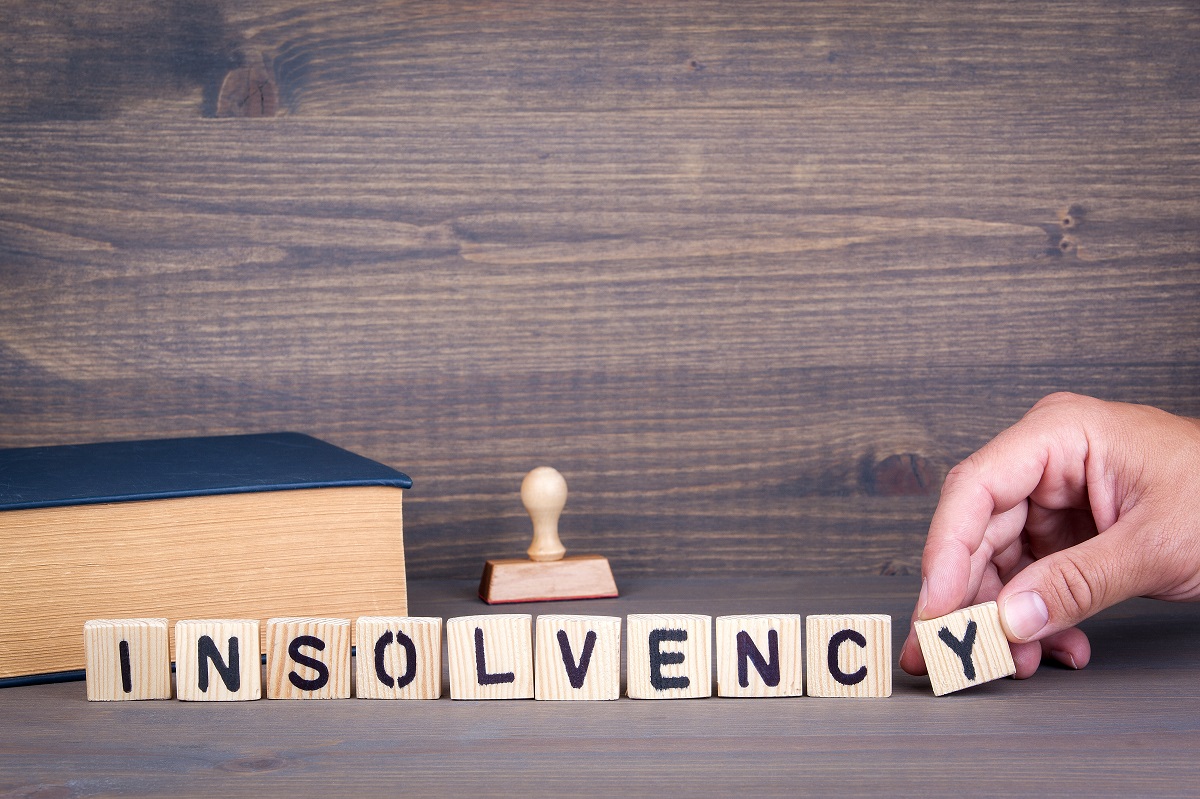Some Of Insolvency Practitioner
Some Of Insolvency Practitioner
Blog Article
Top Guidelines Of Insolvency Practitioner
Table of ContentsMore About Insolvency Practitioner6 Simple Techniques For Insolvency PractitionerThe Ultimate Guide To Insolvency PractitionerThe Single Strategy To Use For Insolvency PractitionerA Biased View of Insolvency Practitioner
Whether or not you need to use an insolvency practitioner (IP) to liquidate your company relies on different variables. While engaging an insolvency professional for all types of liquidation is not a legal need, doing so can usually simplify the procedure and make certain compliance with lawful demands. Liquidating a business is an essential choice that includes substantial effects.
It is a treatment used when a business does not have any financial institutions, or all of their creditors can be settled in complete with statutory passion. Understanding the different sorts of bankruptcy procedures can help you establish the ideal program of action for your company's liquidation or other official bankruptcy treatments itself.
This is obligatory in order to abide by lawful demands - Insolvency Practitioner. This is due to the fact that IPs have the needed certifications and experience to make sure that the liquidation process is performed according to all applicable legislations and policies. By involving an accredited insolvency professional, you can have satisfaction knowing that your firm's liquidation process will certainly be handled expertly and in conformity with the pertinent lawful requirements
The 9-Minute Rule for Insolvency Practitioner
The insolvency professional is appointed as a liquidator and is in charge of taking care of the company and liquidator's financial obligations outstanding obligations and possessions. This process entails selling the company's possessions and distributing the earnings to financial institutions. Upon conclusion of the procedure, the business is removed from the register at Companies House.
Failing to do so can result in personal liability for the business or director for the lender's financial debts. Volunteer liquidation, which consists of Financial institutions' Volunteer Liquidation (CVL) and Members' Voluntary Liquidation (MVL), is started by the business's supervisors and investors when they can no much longer pay their financial debts. In a CVL, the insolvency specialist is designated as the liquidator, in charge of handling firm financial obligations and all business assets.

Insolvency Practitioner Fundamentals Explained
By evaluating the competence and experience of possible bankruptcy professionals, you can guarantee that you select a practitioner who possesses the required credentials to manage your business's liquidation procedure efficiently. While insolvency practitioner-led liquidation is frequently the most suitable strategy for firms facing bankruptcy, there are alternative approaches to take into consideration, such as striking off and partial liquidation.
It's important to assess all readily available choices prior to picking the following ideal solution or strategy for your business. Striking off companies' signs up is a much more uncomplicated and affordable means to close inactive or tiny business without any debts or possessions. To strike off a business, its name is gotten rid of from the Firms House register by submitting type DS01.
Before deciding for striking off, it's essential to evaluate the advantages and disadvantages of this method and consider whether it's the appropriate option for your business. Partial liquidation is one This Site more option to insolvency practitioner-led liquidation, where a company liquidates specific possessions and responsibilities while continuing to operate with the remaining properties and liabilities.
An Insolvency Specialist will certainly be able to recommend you of the very best program of activity to take and make certain that every little thing runs efficiently. Regrettably, it is not possible to sell off a firm without a liquidator. Appointing an authorized insolvency expert is required for the procedure of voluntary liquidation to start.
Not known Facts About Insolvency Practitioner
It is possible to shut and liquidate your company without using a liquidator, offered your company is solvent and you fulfill the eligibility needs to liquify or liquidate it. If your firm is financially troubled, you may be needed to utilize a liquidator and begin formal insolvency procedures. Below are a few other informative write-ups regarding company liquidation in the UK:.
Remaining in a placement where you're incapable to pay your firm's financial institutions is exceptionally stressful. In an effort to avoid boosting the level of debt, numerous firms try to discuss directly with their lenders and concur to a casual arrangement. If the debt is quite small and owed to one lender, and the lender is being participating, becoming part of an informal financial obligation arrangement is most likely the very best service, instead than browsing the web for 'an insolvency specialist near me'.
On the other hand, if there are several creditors and the degree of financial debt is big, financial institutions may not be so ready or participating. In order to stay clear of liquidation or insolvency, it is far better to work with a bankruptcy specialist to formulate formal propositions and negotiate with creditors on your part.
The smart Trick of Insolvency Practitioner That Nobody is Discussing
Whilst it is a way to handle financial debt, there are significant risks included with this kind of debt arrangement - Insolvency Practitioner. If a lender wants to participate in a casual plan (IA) where the debtor has consented to make routine, if lower, payments to pay back the financial obligation, it is very important useful link to adhere to the contract

The lender is within their civil liberties to back out of the contract and request the courts for your business to be sold off at any kind of time. A formal setup that has been recommended by a bankruptcy expert on your part, and agreed by a lender, provides a much more Click Here secure option.
Report this page